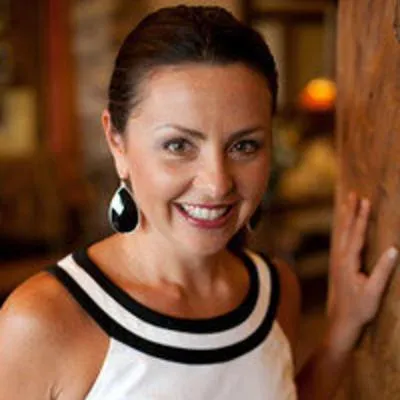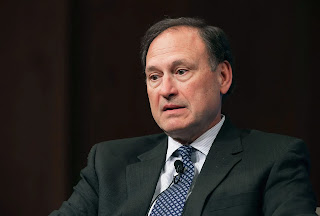Ana Meyers had risen swiftly through the world of charter school biz, and even when her career trajectory took a turn for the worse, the charter industry has her back.
Meyers was the executive director of the Pennsylvania Coalition of Public [sic] Charter Schools. She has previously worked as "Director of Legislative Affairs" for LeadingAge PA (an advocacy group for aging services providers) as well as PA Field Director for Libertarian advocacy group, FreedomWorks. Before that she co-chaired the Kitchen Table Patriots, a Tea Party group in southeastern PA, and before that sales and marketing for the likes of Nickelodeon and American Airlines. Her degrees are in business. In short, she has virtually no background or expertise in education, but does have a long-standing experience in arguing that government services should be privatized. This is not new for PCPCS-- their previous chief's experience was as PR head for Westinghouse.“I am shocked that you and your staff are unaware that none of Pennsylvanian’s charter schools [brick-and-mortar or cyber] are private or for-profit institutions,” states the letter signed by Ana Meyers, executive director of the Pennsylvania Coalition of Public Charter Schools, the state’s largest organization representing charter schools.
“I would have thought that a governor who has championed public education like you have over the past four-plus years would know better. I believe that you would have a much better understanding of how charter schools operate in Pennsylvania if you took the time to visit a few of them.”
Well, that's baloney, but it's the baloney that Meyers was paid to sell. And sell it she did--right up until she shot herself in the foot.
Meyers was an active voice in opposition to Governor Wolf ever since he put charters on notice that there would be more regulation and less gravy train. Can't limit family choices, can't trap students in failing zip codes, etc, Meyers said. She tried hard to sell the idea that PA charters are non-profits (they are, but the management companies that run some of them surely aren't). And she just helped the coalition launch 143K Rising, a PR push to resist attempts to cut charter budgets (something Wolf hasn't actually tried to do, but you have to keep your people scared). And she wasn't very shy about it, calling Wolf "an idiot on so many levels."
The world of charter supporters has long been an alliance between those who see charters as a tool for equity and social justice, and those who want to unleash free market forces in place of "government schools." Meyers' tea party past offers a hint about which group she comes from. But Saturday, May 31, 2020, less than a week after the murder of George Floyd, she put her foot in it.
Avi Wolfman-Arent caught the story and reported it for PBS station WHYY. Saturday, Meyers posted a response to an emergency alert about "violent protestors" in Philadelphia. "None of this is okay," she said, noting that her husband is a retired state policeman, argued that all sectors have some bad apples "including the church." After offering support for the police, she closed with "These protestors disgust me. All lives matter."
When the station called to ask her about the post, it disappeared and an apology was posted. Meyers asserted her support for Black Lives Matters, explained she had not meant the protestors, but the looters. "I did not mean to insinuate that I don’t support Black Lives Matter,” she said. But it's pretty hard to read "All lives matter," any other way.
Criticism from the charter sector was swift. Sharif El-Mekki is a charter principal and heads up a group working on solving the problem of too few Black teachers in the classroom rejected her apology. At least one charter chain "condemned" her remarks. And as of yesterday, she was out of a job. Said the coalition board, "We have determined that new leadership is in the best interests of our member schools and the families they serve across the state." They thanked Meyers for her work, and buh-bye.




